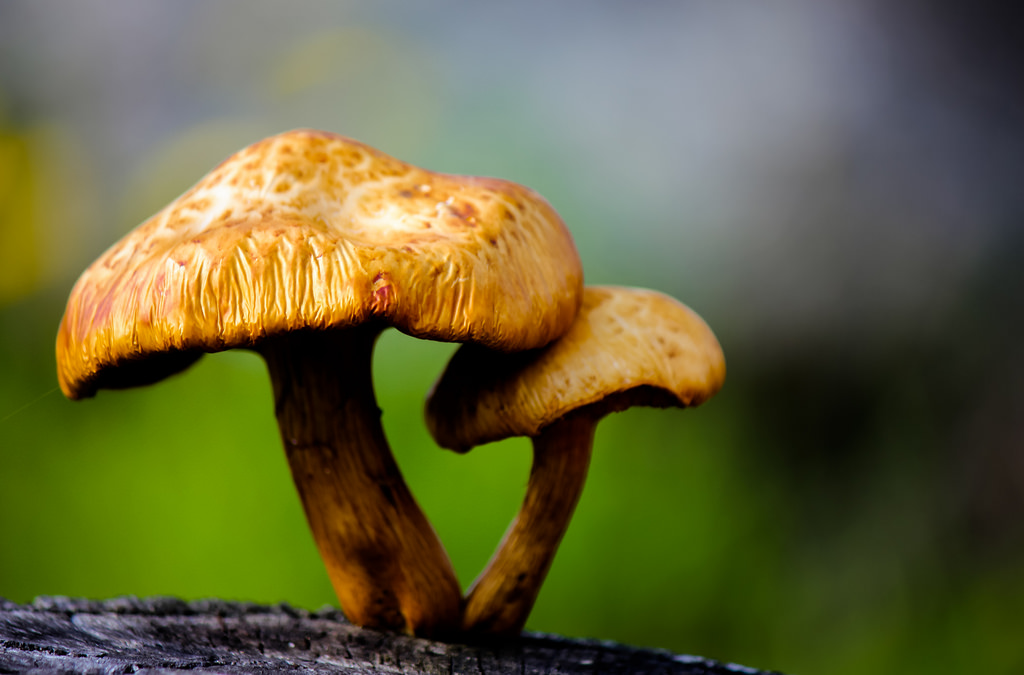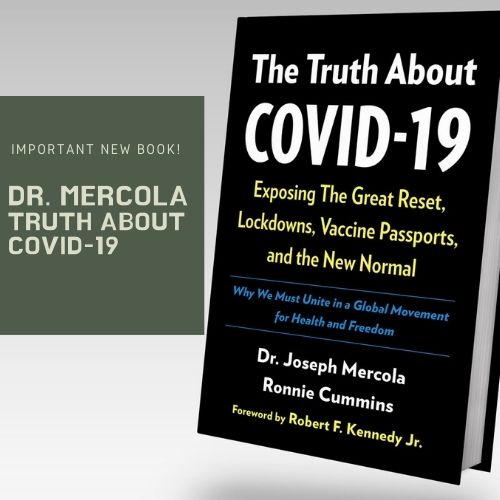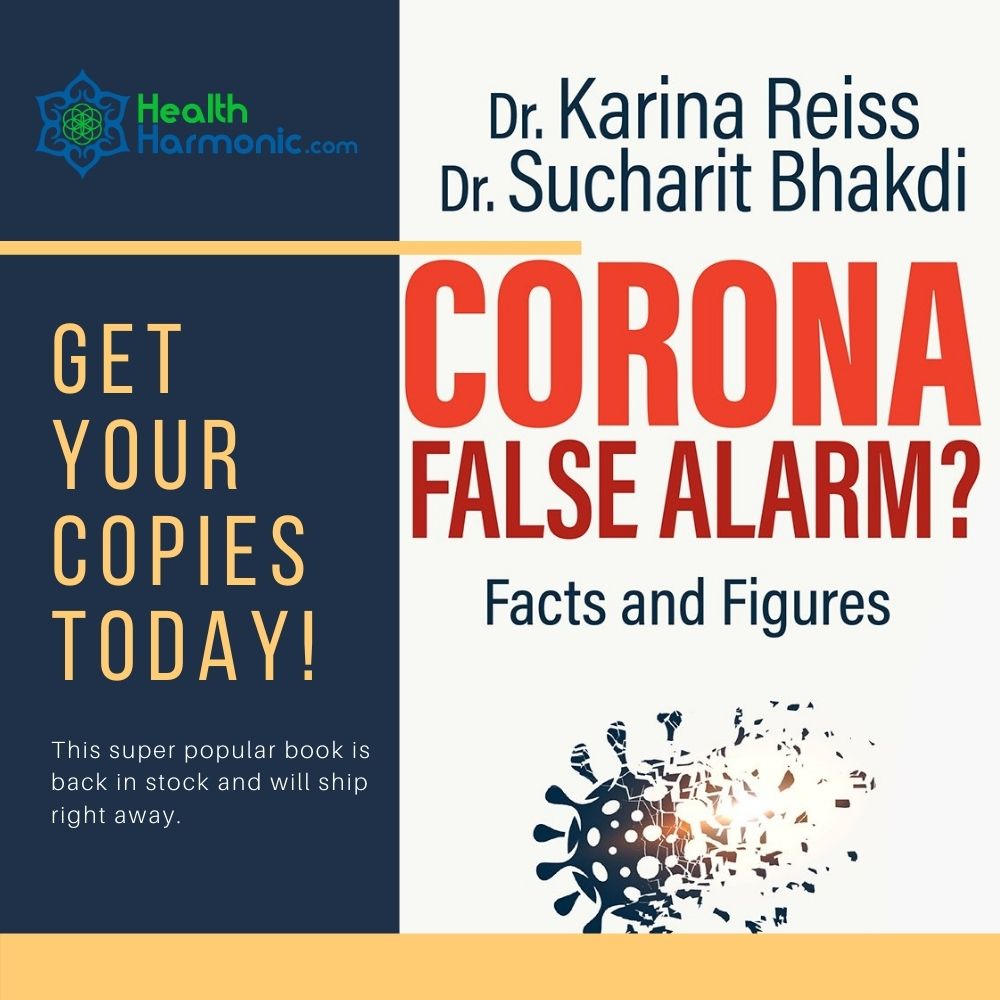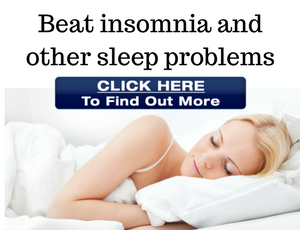
In the US, about 40 million people or 18% of the adult population suffer from anxiety. This makes anxiety - including generalized anxiety disorder, social anxiety, and panic disorder - the most common mental problem in the country.

Conventional treatments are often expensive and addicting because of the mind-altering drugs. Several studies found that magic mushrooms may just be the best alternative to anti-anxiety and anti-depression medications.
Studies show that psilocybin is an effective remedy for anxiety and depression among cancer patients. Several health experts are also fighting to reclassify psilocybin along with LSD from being Schedule 1 drugs.
The conventional approach to anxiety and depression treatment typically involves ineffective and brain-altering drugs. Interestingly, two recent studies suggest suggest psilocybin, the psychoactive substance in “magic mushrooms”, can have truly profound benefits for cancer patients struggling with anxiety and depression.
Psilocybin, like marijuana, is a Schedule 1 substance under the Controlled Substances Act.[4],[5] The mushrooms are typically ingested in their fresh or dried form, or can be made into tea. Large doses have been known to induce panic and/or psychosis.
On the other hand, research shows it can also have the opposite effect — providing long-lasting relief from anxiety and depression. Unfortunately, being a Schedule 1 drug, obtaining scientific support for its medicinal use is extremely difficult and costly.
Last year, London-based psychiatrist James Rucker penned a commentary in the British Medical Journal (BMJ), arguing for the reclassification of LSD and magic mushrooms — which he notes are far less addictive and harmful than heroin and cocaine — in order to make it easier to conduct much needed medical research on them.[6]
Both LSD and magic mushrooms were widely studied in the late 1960s, prior to their classification as Schedule 1 drugs, which by definition have no medicinal use. According to Rucker:
“Hundreds of papers, involving tens of thousands of patients, presented evidence for their use as psychotherapeutic catalysts of mentally beneficial change in many psychiatric disorders, problems of personality development, recidivistic behavior, and existential anxiety.”
Image courtesy of: Nuno Macela






